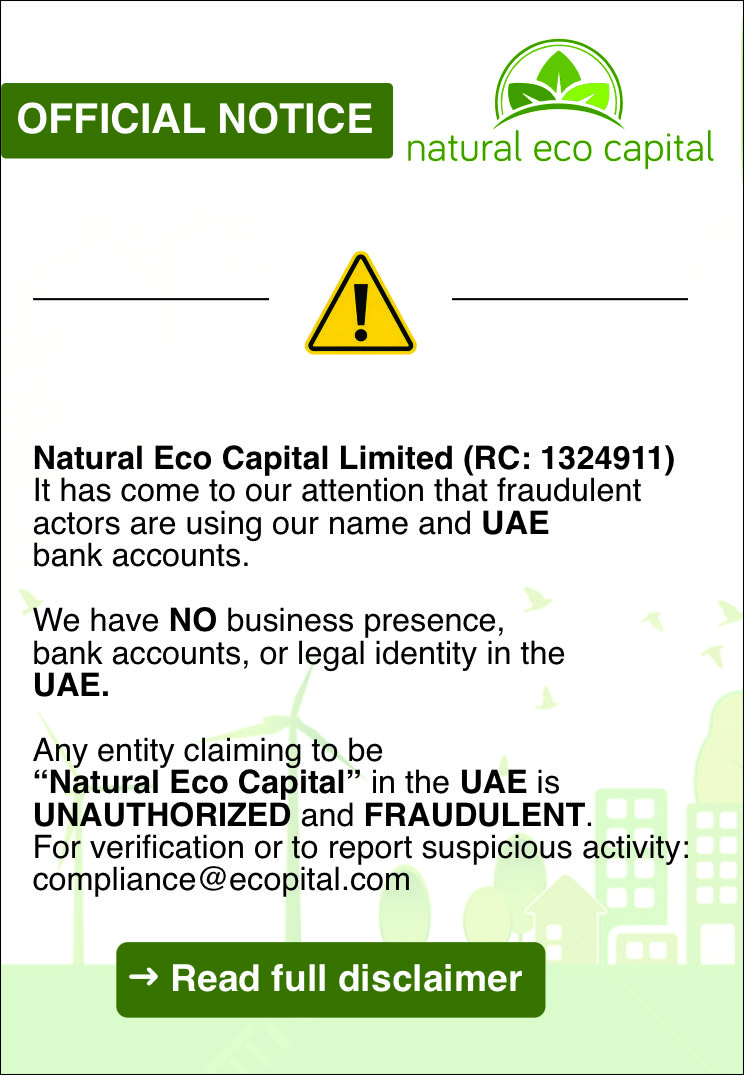Witnessing systemic fragility firsthand forged a singular mission for Olaoluwa Peter Fabuyi: to architect unshakable digital trust where it’s needed most. He is an engineer battling the constraints of unstable grids and broken systems, wielding cloud and blockchain not as buzzwords, but as tools to build a new bedrock for verifiable credentials, inclusive finance, and a sustainably-powered African future. Fabuyi is a Nigerian technology professional whose career sits at the dynamic intersection of cloud engineering, software development, and the emerging blockchain ecosystem. His foundation is built upon a formal education in the field, holding a Bachelor of Science in Information Technology from Charisma University, complemented by an Advanced Diploma in Software Engineering from Aptech.
Fabuyi has cultivated a diverse and forward-looking expertise, mastering the architectural depth of cloud engineering while also pioneering in the decentralised frontiers of blockchain and Web3 development. This technical prowess is balanced with a sharp commercial acumen, encompassing SEO, analytics, and project management. For over four years, he has immersed himself in the practical world of cryptocurrency, DeFi, and NFTs, channelling his experience into strategic product marketing with a strong emphasis on public relations and community building.
Beyond his technical and strategic roles, Fabuyi has established himself as a trusted voice and advisor in the Web3 space. He actively leverages his knowledge as a technical writer, empowering crypto and NFT projects to articulate their core value and foster the kind of loyal, engaged communities that are essential for long-term success. In this interview, Fabuyi talks about cloud infrastructure and pragmatic blockchain applications to solve critical challenges, from securing data and enabling verifiable credentials to pioneering sustainable tech like ‘Green Cloud’ and solar-powered edge computing, proving that impactful technology must be both powerful and practical.
What inspired your journey into cloud engineering and blockchain development?
Two things: reliability and trust. I grew up seeing services go down because of power, networks or manual processes. Cloud gave me tools to make systems stable and scalable. Blockchain caught my interest for verifiable records—useful for things like credentials and cross-border payments, where trust is hard to establish.
What position do you occupy presently?
Cloud & Systems Engineer (contract). I also lead delivery on select AI/data projects.
Can you walk us through your role?
I design and run cloud workloads, automate deployments, set up backups/DR, harden security, and monitor performance/cost. Day to day: IaC, CI/CD, incident response, and clear documentation for teams and stakeholders.
How do you balance technical leadership with staying hands-on?
I use a ‘maker–manager’ rhythm: focused build blocks for coding/reviews, then short windows for decisions, unblockers, and stakeholder updates. I keep small IC tasks each sprint so I don’t lose touch.
Biggest opportunities for tech in Nigeria & Sub-Saharan Africa?
There are digital identity and KYC rails, payments beyond P2P—merchant acceptance and B2B, logistics and supply chain transparency and agriculture and health data platforms. Additional opportunities are in energy per mini-grids and IoT for reliability, practical AI tools for SMEs (automation, customer support, fraud signals).

How is mobile money transforming digital inclusion?
It gives people simple on-ramps: USSD wallets, agent networks, and cheaper transfers. The next leap is interoperability, merchant QR at scale and linking wallets to savings/credit with fair terms.
What will you say is the role of Web3/blockchain in Africa’s economic future?
I would say it’s targeted, not hype. Best fits: cross-border remittances (stablecoins), supply-chain traceability, and verifiable credentials. Focus on low fees, strong custody, and compliance. Use it where trustless verification matters.
Do you want to talk about your exciting recent projects?
Well, there were the standardised backup & disaster recovery across mixed Windows/Linux estates, GCP data pipeline with Pub/Sub + BigQuery, cost down and speed up and pilot for verifiable training certificates (blockchain-backed) for a small provider.
How do you approach building scalable and secure cloud infrastructure for African markets?
One way is by designing for low bandwidth and intermittent power, including stateless services, CDN edge caching, retries/offline modes, autoscaling/serverless to control cost; least-privilege IAM, KMS encryption, tested DR runbooks, and finops: right-sizing, alerts, budgets, usage reviews
What’s your advice to startups integrating blockchain?
Start with the problem. Pick chains for fees/security, plan key management and recovery, design great UX (most users don’t want to handle private keys), run a small pilot, measure outcomes, and keep most data off-chain if it doesn’t need to be on-chain.
How does one ensure ethical engagement and community trust in crypto/NFTs?
Be transparent about utility and risks. No hype promises. Clear economics, fair royalties, security audits, and opt-in data. Treat the community like long-term users, not traders.
How do you mentor aspiring developers?
By providing short, practical sessions that involve code walkthroughs, mini-projects, and clear rubrics. I share templates (docs, runbooks, CI), do structured code reviews, and point newcomers to beginner-friendly issues.
What should tech leaders prioritise for sustainable impact?
I will say reliability first, then affordability. Open standards, local talent development, strong data privacy, and energy-efficient architectures. Measure what matters—latency, uptime, cost per user, and carbon impact.
What emerging technologies are you excited about?
I have a list of them. There are AI agents for SME workflows, Edge AI + low-earth-orbit connectivity, digital public goods (ID, payments, data exchange), practical clean-energy IoT and storage and open-source LLMs tuned for local contexts.

What will you say is the future of digital identity and DeFi in Africa?
Interoperable, privacy-preserving credentials (mobile-first), regulated stablecoins for payouts, and programmable payments for government and NGOs. Guardrails first, then scale.
If you could solve one major tech challenge today, what would it be?
Universal, low-cost digital identity and addressability that works offline and across borders—secure, inclusive, and easy to use.
Lately, you have been so invested in renewable energy and sustainability enterprises. Do you want to talk more about this in terms of the services and products you offer?
I will mention three areas. First is Green Cloud: carbon audits, right-sizing, and “green window” batch scheduling. Another area is Edge Power: small solar + battery “micro-cabinets” for edge apps/connectivity. The third one is Energy Analytics: IoT meters + dashboards for usage and cost/CO₂ tracking, with alerts and savings playbooks.
Sustainability, business, and technology must move together. The most useful solutions are the ones people can actually run, afford, and maintain. Thanks to SBT Insight for pushing that conversation forward.





